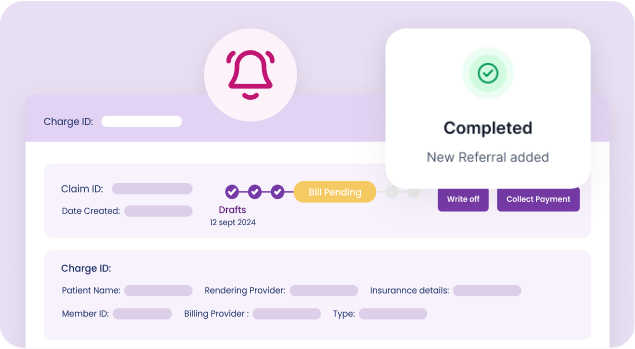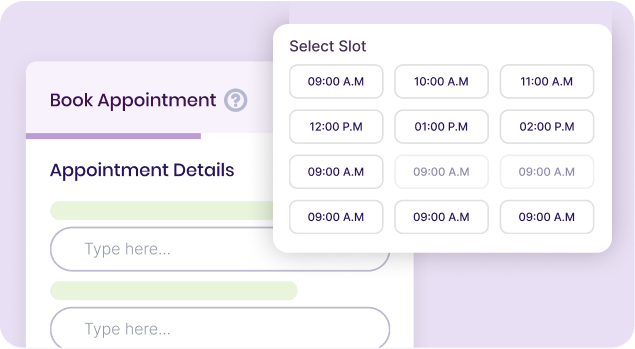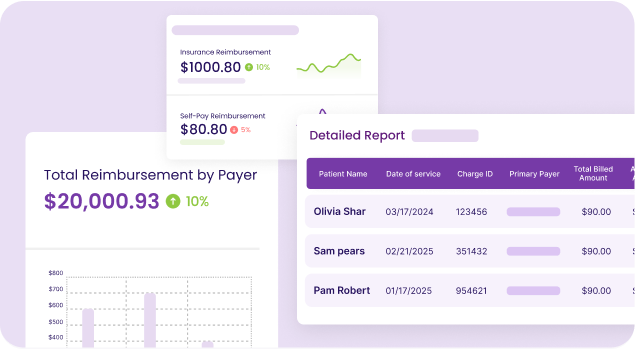Excel Therapy boosts patient engagement by 90% with SPRY's digital Kiosk
Replacing paper forms with a digital kiosk shortened intake times and improved data accuracy.
Let's Talk.png)

Clinic: Excel Therapy, a medical group practice in Panama City, Florida.
Challenge: Manual intake produced 20–30‑minute delays, staff overload and incomplete records.
Transition: SPRY’s kiosk automated check‑ins, cutting intake time by 50–70% and reducing front‑desk workload
Impact: Over 300 evaluations processed digitally, profile completion improved by 50% and patient engagement rose 90%.
Client Overview
Founded in 2011 and co-owned by Bryan Davis, DPT, Excel Therapy is known for providing high-quality physical therapy services in Panama City, Florida.
The clinic is committed to delivering efficient, patient-centered care, but intake inefficiencies were limiting both staff productivity and patient satisfaction.
The Challenge
Manual check-in processes created serious bottlenecks for Excel Therapy.
These limitations caused ripple effects across the business:
Extended Intake Time — Patients often spent 20–30 minutes filling paperwork on-site.
High Administrative Burden — Front desk staff were tied up with paperwork instead of patient engagement.
Incomplete Documentation — Missing data disrupted evaluations and billing accuracy.
Unstructured Patient Flow — Peak-hour congestion led to delays and frustration

Why They Chose SPRY
Excel Therapy needed a digital solution to eliminate manual paperwork, reduce delays, and create a smoother patient experience. SPRY’s Kiosk stood out for its:
SPRY stood out for:
Self-Service Digital Check-Ins that reduced front desk workload
Accessible, User-Friendly Forms designed for all patients, including elderly
Structured Data Capture ensuring complete intake details before appointments
Automated Outcome Collection to improve documentation accuracy
Solutions in Action
SPRY’s Kiosk was rolled out seamlessly, replacing paper forms with an intuitive, patient-friendly interface:
300+ Initial Evaluations processed via Kiosk in the first six months
Faster Check-Ins even for elderly patients, thanks to simple, accessible design
Insurance Card Uploads reducing billing errors and back-and-forth
Automated Data Collection that fed directly into clinical and billing workflows
Outcomes with SPRY
SPRY reduced workload at the front desk and freed staff for higher-value tasks.

SPRY enhanced patient engagement and streamlined scheduling.

SPRY improved documentation accuracy and billing performance.

The SPRY Advantage
With SPRY, Excel Therapy achieved:
Digital intake platform: replaces paper with structured data integrated directly into clinical and billing systems.
Outcome collection at check‑in: automatically gathers clinical metrics.
Accessible design: ensures usability for all age groups.
Integrated verification: captures insurance information up front to reduce billing errors.
Dedicated support: provides configuration and ongoing optimisation.
